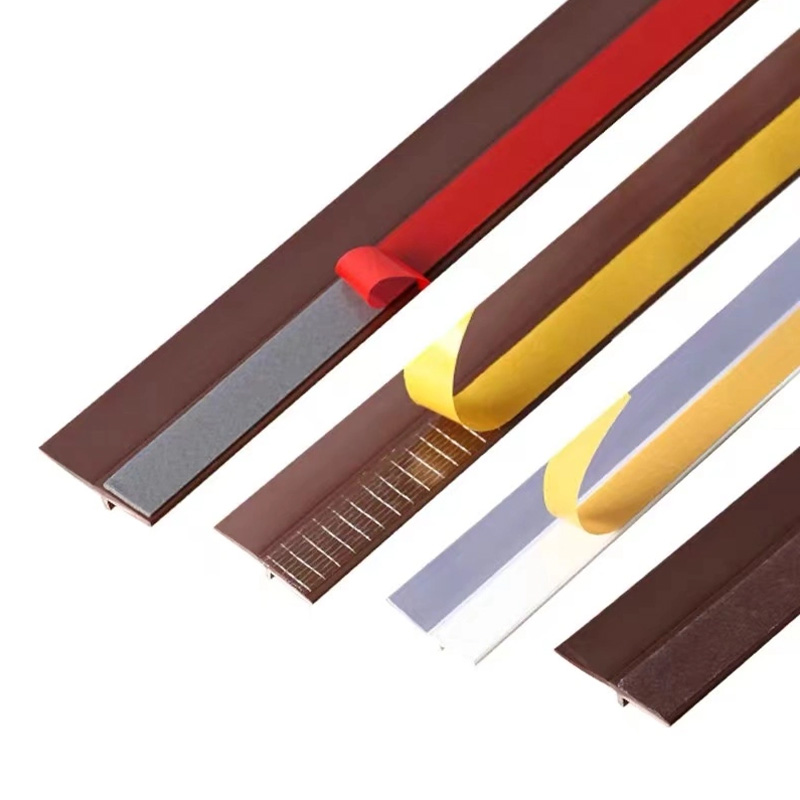Durable and Versatile Jute Twine for Crafting and Gardening Projects
The Versatility of Twisted Jute Twine
Twisted jute twine, a humble yet remarkably versatile material, has found its way into various applications across different sectors. Jute, often referred to as the golden fiber, is a natural, biodegradable, and renewable resource that has been used for centuries in crafting textiles, ropes, and twines. Its eco-friendly nature, coupled with its strength and flexibility, makes twisted jute twine an ideal choice for a myriad of uses.
One of the primary reasons for the popularity of twisted jute twine lies in its sustainability. As an organic material, jute is grown without the need for synthetic fertilizers or pesticides, making it an environmentally friendly option for consumers seeking to reduce their ecological footprint. The cultivation of jute also contributes to soil health and biodiversity. Unlike synthetic alternatives, which are derived from petroleum, jute twine decomposes naturally, leaving no harmful residue behind.
In the realm of gardening, twisted jute twine has become a favorite among enthusiasts and professionals alike. Its sturdy construction allows it to withstand the rigors of outdoor use, making it perfect for supporting plants, tying up garden structures, and bundling herbs. Gardeners appreciate that the soft texture of jute twine won’t damage the delicate stems of plants, ensuring they grow unimpeded. Additionally, its natural color blends harmoniously with the garden environment, adding a rustic touch to decorative arrangements.
twisted jute twine

Beyond horticulture, twisted jute twine is widely used in various crafts and DIY projects. Crafters utilize it for creating unique home decor items, such as macramé wall hangings, rustic centerpieces, and charming gift wrap. The twine’s textural quality adds a warm, organic feel to any project, making it a preferred material for those embracing a natural aesthetic. It’s also favored in the world of scrapbooking and card-making, where it can be used to add visual interest or as a fastener for packaging.
Furthermore, twisted jute twine has found its place in the world of packaging and shipping. Its robust nature makes it an excellent choice for bundling goods and securing packages. Businesses that prioritize sustainability appreciate using jute twine as an eco-friendly alternative to plastic packaging materials. Not only does it convey a commitment to the environment, but it also adds a touch of authenticity and charm to wrapped products.
In the realm of fashion, twisted jute twine has recently gained popularity in the creation of eco-conscious accessories. Designers are incorporating this natural fiber into jewelry, handbags, and footwear, showcasing its durability and unique texture. The trend towards sustainable fashion has sparked interest in materials like jute, resonating with consumers who value ethical sourcing.
In conclusion, twisted jute twine exemplifies the potential of natural materials in our modern world. Its versatility makes it suitable for gardening, crafting, packaging, and fashion, while its eco-friendly attributes align with the growing movement towards sustainability. As consumers and creators alike continue to embrace environmentally conscious choices, twisted jute twine stands out as a practical and stylish alternative that celebrates the beauty and functionality of nature.
Share
-
The Best Lubricants for Aluminum Roller GuidesNewsJul.23,2025
-
Slitting Machine Applications in the Packaging IndustryNewsJul.23,2025
-
Rolling Roller Balancing Techniques for Smooth OperationNewsJul.23,2025
-
How To Optimize An EV Battery Assembly LineNewsJul.23,2025
-
Energy Efficiency in Modern Battery Formation EquipmentNewsJul.23,2025
-
Automation Trends in Pouch Cell Assembly EquipmentNewsJul.23,2025







